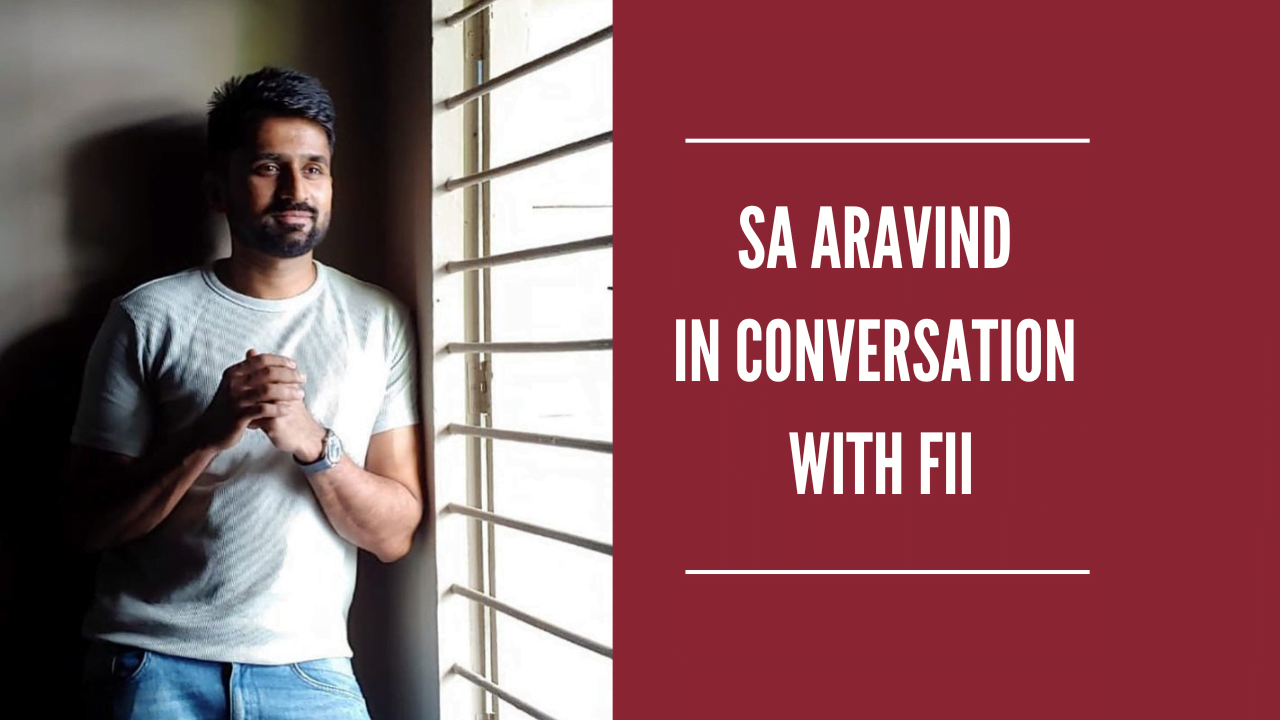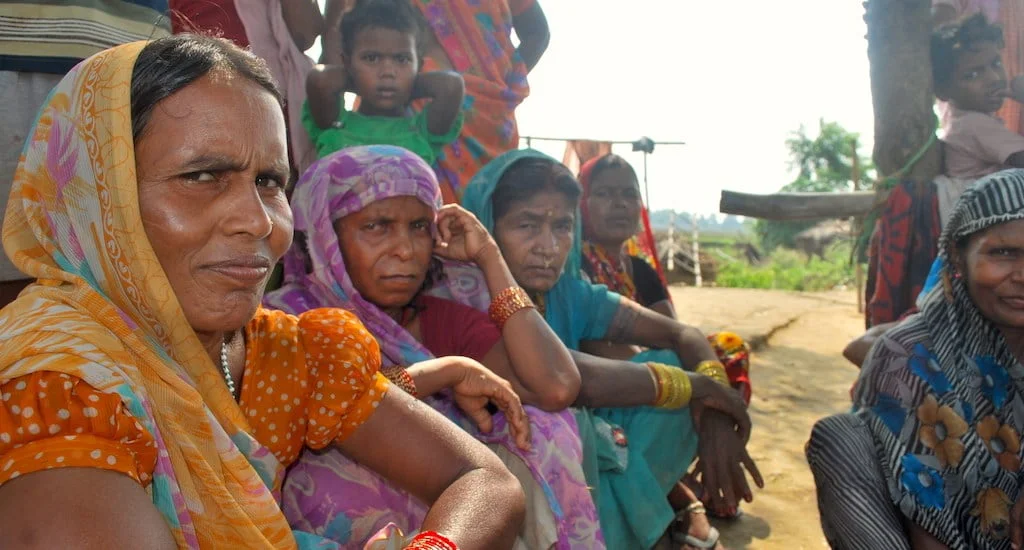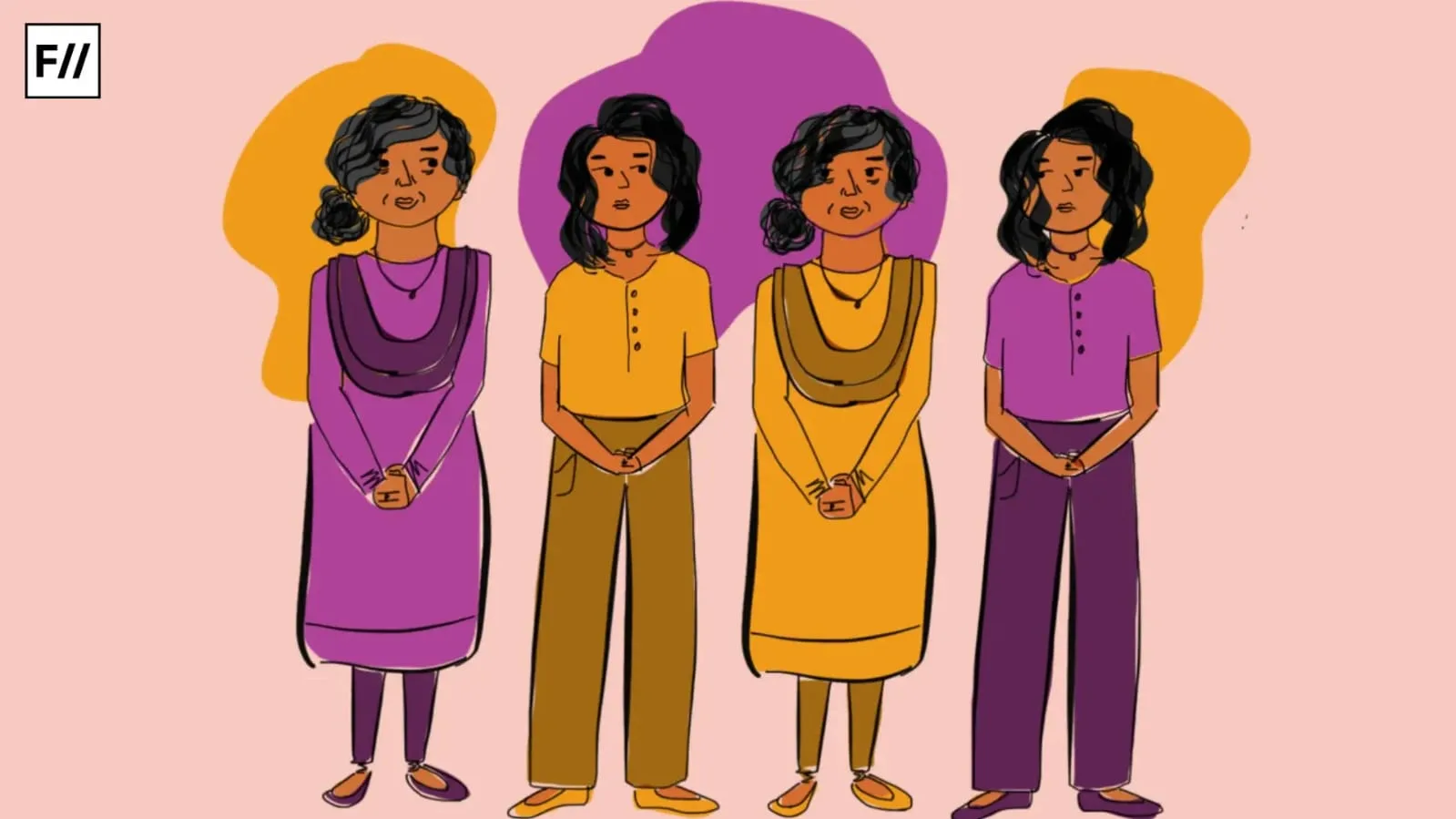SA aka Aravind Subramanian is one of the most popular stand-up comedians in India today. His comedy usually revolves around social stereotypes and his own life experiences, while he also jokes about patriarchy, casteism, media, sports, and politics once in a while. He has said, “If there is a chance for me to crack a joke, while also conveying an important message through the joke, especially when it involves a personal experience, I will use that opportunity.”
For those of you who still have not watched his shows yet, he is a proud Madrasi da! He has chapathi three times a day, listens to lungi dance on loop while working out, vibes to Yo Yo Honey Singh while at the bar, and proudly rejects football club invitations and visas from England because he prefers being a guest in his own home country’s “I will be the only person talking,” national show.
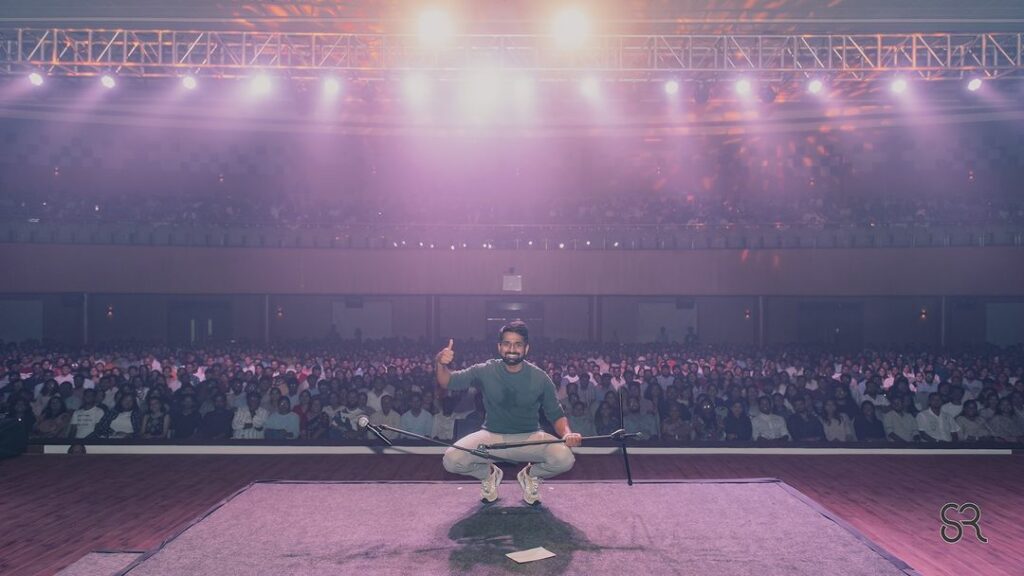
Mental health and going for therapy have become popular ideas in recent times, but there is still a lot of stigma, shame, and disinformation surrounding the subject, especially in conservative cultures such as ours, making it difficult for men who need help and support.
In a conversation with FII, SA aka Aravind Subramanian talks about men and their mental health and a need to foster more change regarding this issue.
FII: What motivated you to go to therapy in the first place?
SA Aravind: The question is not what but who motivated me. I used to frequently go talk to my friend. His mom is a professional in the field, so he is quite familiar with mental health stuff. He realised that I needed help when I was in a negative headspace all the time, feeling low, and suggested that I should speak to a professional, that he couldn’t offer much help because talking to him is not the same as talking to a professional. That’s how my journey began.
FII: Even today, men find it very difficult to open up or to go for therapy. Almost every male friend of mine has cried to me at least once, they have had their share of difficulties, but still, some of them are afraid to go to therapy. What do you think makes it difficult for the average Indian male to open up?
SA Aravind: See, personally, I have never had any trouble with opening up. I love crying. It feels good to get the load off your chest. I have always embraced my vulnerability.
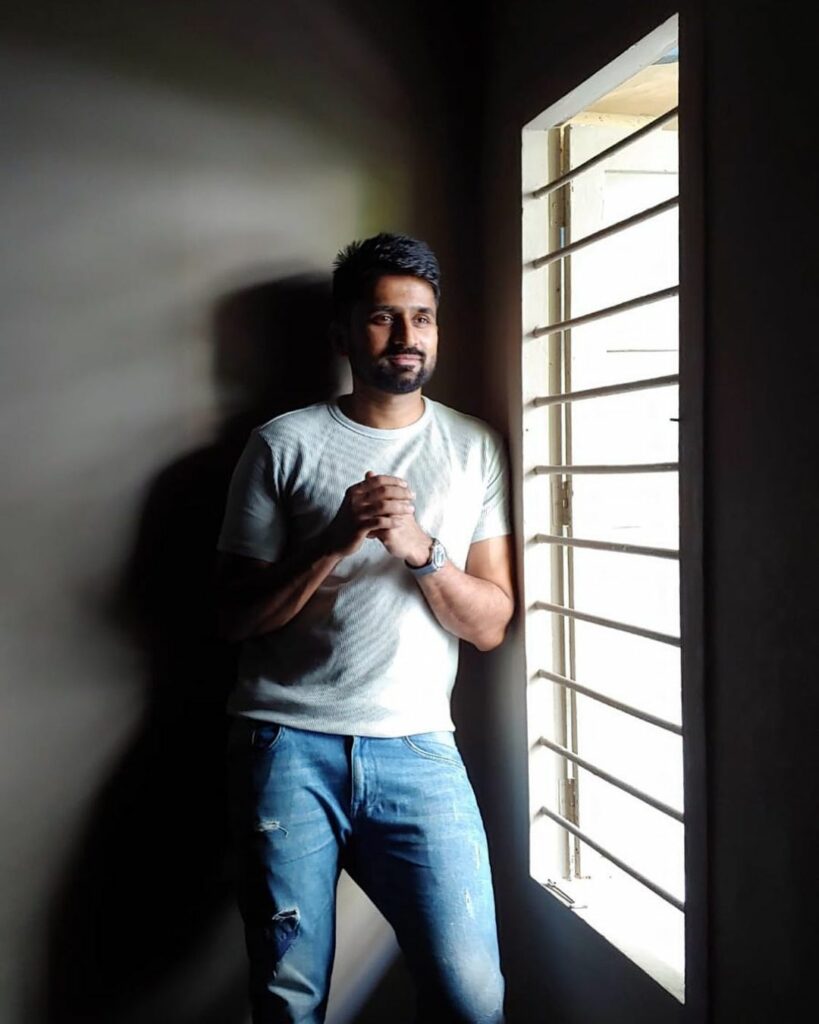
But I get where you are coming from. I think the most important reason for this behaviour is that there are not enough examples (of men who deal with mental health issues in healthy ways) to look up to (for guidance or support).
I have never had any trouble with opening up. I love crying. It feels good to get the load off your chest. I have always embraced my vulnerability.
SA Aravind
On the other hand, there are these lofty goals, and people are highly ambitious, so that could cause much pressure. And the entire ecosystem needs to change, so all these put together make it difficult for Indian men.
FII: We know toxic masculinity can cause problems for women and persons from the LGBTQI+ community, but do you think that it can negatively impact men, in terms of mental health?
SA Aravind: Obviously, toxic-anything is toxic, so yes. Thankfully, I don’t have such “alpha,” men in my group of friends, so opening up and sharing has been easy for me.
FII: Due to a lack of awareness, too many people still seem to fall for unhealthy coping mechanisms when they struggle. What do you think are some of the most common unhealthy coping mechanisms among men in our country today?
SA Aravind: Substance abuse has to be the most common unhealthy choice. Those drugs and such can give you relief for a few minutes, for a short while, but that is not going to help you fight your problems. It’s just an escape and that is what they seek. They want to run away from their problems at that moment, but that is not going to help them unless they take measures to deal with their problems in healthy ways.
FII: Which healthy coping mechanisms have helped you the most?
SA Aravind: For me, it has always been sports. I am very much interested in sports, and anything sports-related has always been helpful for me.
FII: Hundreds of thousands of people enjoy your shows. What advice would you give to the young men out there who look up to you in terms of mental health?
SA Aravind: I don’t like the word “advice.”. I don’t want to tell people what to do and what not to do. It requires a level of self-awareness. You can look at all things as a binary: can you do something about it or can you do nothing about it?

If you are facing some problems, and you can do something about it, then go see a professional. If you find the right professional and take the required measures, they will be able to help you. But if you are unwilling to address the problem head-on, you are going to continue to face difficulties.
FII: As we are living in a world filled with disinformation and hate on social media, do you think influencers and celebrities like yourself must also take it up as a social responsibility to help raise mental health awareness?
SA Aravind: There are too many complications involved. The environment we grow up in is itself not very supportive. I think changes must happen on a much larger scale, and changes on that level will be more impactful than the micro-level changes we influencers can bring about.
FII: How would you describe your mental health journey so far?
SA Aravind: Honestly, I have found the right therapist for me. As I said, I was always comfortable with vulnerability, but I learned to embrace it more. There are things you get to learn while you are in therapy and only a professional can help you do it.

Today, I tell as many people as I can to give therapy a try when they need help. Hopefully, my words, and my sharing of my experiences, have been helpful for many others as well. At the end of the day, we are all human, and we all need help at some point.
FII: Lastly, what is your latest show “We Need to Talk,” about?
SA Aravind: It is all about my mental health journey, and my lived experiences, but in a humorous way. I never thought I would be able to speak about these so openly and make a show, but somehow, I managed to do it.
About the author(s)
Lakshmi Prakash is a data scientist. She sees practicing equality, humanity, and science as the only possible path to a progressive future and holds that the absence of any one of these will negate any growth in other areas. Her hobbies include reading fiction and non-fiction, learning something new, brisk-walking, cycling, and writing a chapter only to forget where she saved it.
